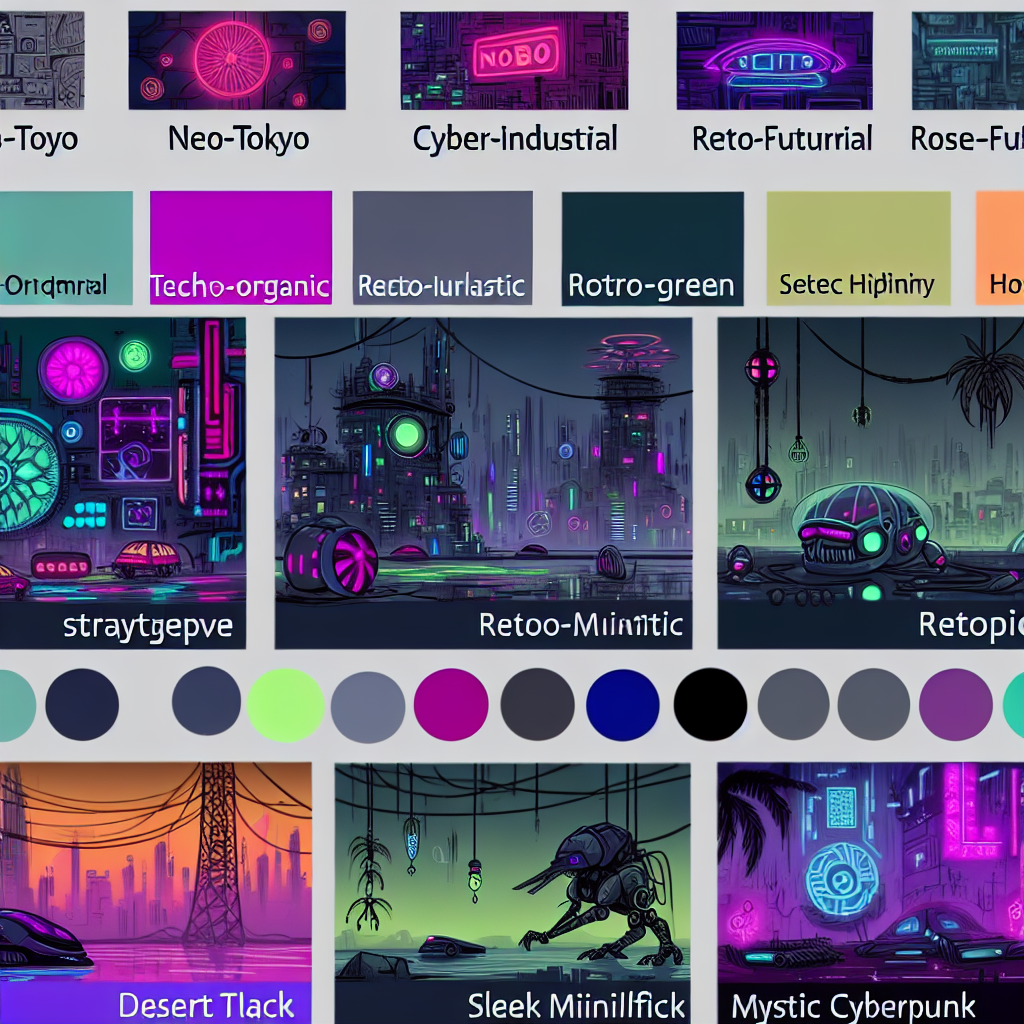Microsoft has recently characterized its relationship with OpenAI as both a “strategic partner” and a “competitor” in a filing with the U.S. Securities and Exchange Commission (SEC). This dual characterization comes amid antitrust probes in the U.S. and EU, scrutinizing the nature of their collaboration.
Strategic Competitors
In its SEC filing, Microsoft lists numerous competitors, ranging from tech giants like Apple to gaming companies such as Nintendo. However, OpenAI stands out as the only entity explicitly named as a “strategic partner.” The filing repeatedly references the term “partner,” but OpenAI is the only partner singled out by name, a fact that could have implications given the ongoing antitrust investigations.
Rival Partners
The relationship between Microsoft and OpenAI has evolved in a manner resembling a major acquisition, despite no formal buyout taking place. Microsoft’s initial investment of $1 billion in OpenAI in July 2019 secured it as the exclusive cloud provider for OpenAI’s services, including ChatGPT. This was followed by a $10 billion investment when ChatGPT launched, granting Microsoft early access to GPT-4 for integration into its “Copilot” and “Bing” services.
In 2023, OpenAI underwent a leadership shakeup that saw CEO and cofounder Sam Altman temporarily ousted. During this period, Microsoft offered to hire Altman and any other OpenAI employees willing to move, promising them their own division within Microsoft. Altman eventually returned to his CEO position, and the board of OpenAI was restructured to include a Microsoft observer seat. However, by July 2024, Microsoft renounced this seat, indicating it was no longer deemed necessary.
Regulatory Scrutiny
The partnership between Microsoft and OpenAI has attracted regulatory attention, with antitrust investigations being launched in the UK, EU, and more recently, the U.S. Justice Department and the Federal Trade Commission. These probes are examining the potential dominance of Microsoft, Nvidia, and OpenAI in the AI industry. While antitrust inquiries are not uncommon for large tech companies, it is intriguing that Microsoft is portraying its complex relationship with OpenAI as a standard competitive partnership.
Conclusion
As Microsoft navigates the fine line between partnership and competition with OpenAI, the outcome of the ongoing regulatory scrutiny will be pivotal. The tech giant’s strategic positioning and significant investments in OpenAI underscore the intricate dynamics at play in the rapidly evolving AI landscape. Whether this relationship will stand up to legal and regulatory challenges remains to be seen, but it is certainly a partnership worth watching closely.


